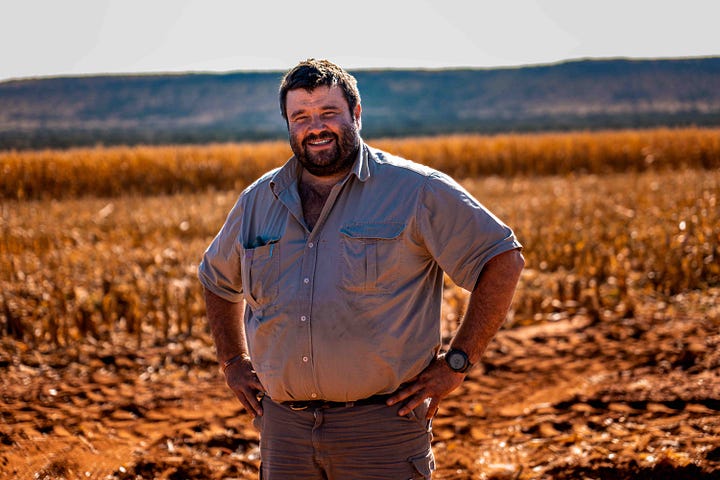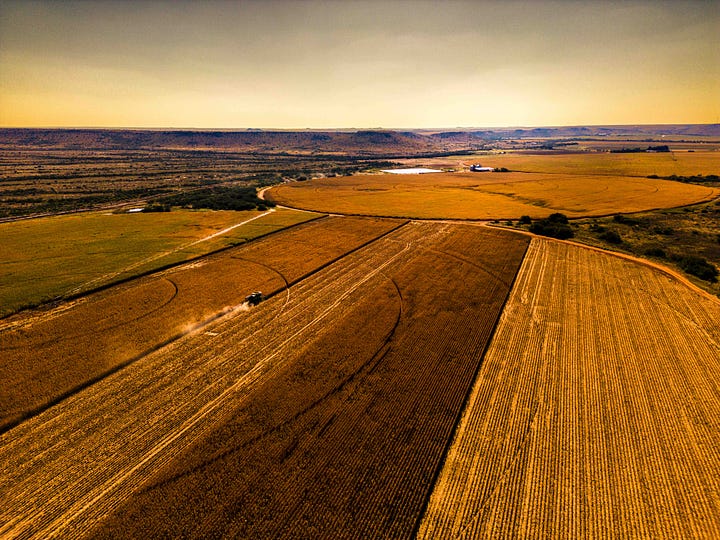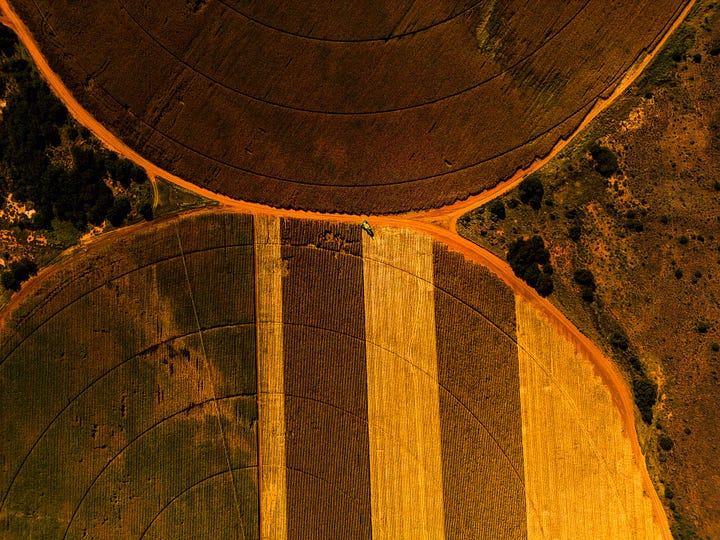In our last newsletter, we mentioned the 2011 court ruling that declared the singing of "Kill the Boer" as hate speech. However, new information has come to light that surprised me on this issue.
In October 2020, a brutal murder of a farmer in Senekal occurred, leading to tensions and protests. During the court proceedings for the accused, the EFF supporters sang "Kill the Boer" outside the court. In response, Afriforum, who previously took the matter to court in 2011, pursued legal action again, arguing that the song incited racial hatred and should be classified as hate speech.
However, in this instance, Judge Edwin Molahlehi ruled that the singing of "Kill the Boer" in the context of the Senekal case did not constitute hate speech. This decision contrasts with the 2011 ruling and illustrates the flexibility of hate speech laws, which instead of providing clear legal guidelines, create political interpretive privileges depending on who is saying what to whom. If the actors change, the judgment also changes - a way to dominate a political opponent within the same legal system. This could be seen as an example of institutionalized racism, where one race can get away with apparent hate towards another due to their political standing and narrative that racism and oppression are a one-way street from whites to so-called people of color.
Just to clarify - a white farmer is brutally murdered, and at the trial, black people sing about killing white farmers, and a legal system dominated by black people does not consider this expression to fall within the scope of hate speech!
As a comparison, it's worth mentioning that in 2019, the South African Human Rights Commission declared that displaying the old apartheid-era flag constitutes hate speech. Thus, while singing "Kill the Boer" was not considered hate speech in the Senekal case, a white person waving the old flag would face prosecution.
This contrast raises questions about the legal and social implications of a black majority being allowed to sing about killing a minority while individuals from that minority face prosecution for waving a flag.
This situation underscores the significance of maintaining demographic control in one's own territory, particularly over social, cultural, political, and judicial systems. Don't be fooled into believing that there would be any difference in countries that are currently white-majority when the demographic shifts to a minority; the legal system won't change on its own.
It's the same situation in Sweden, where our form of hate speech legislation does not provide protection for Swedes who are subjected to violence and severe contempt from immigrants. According to the law, hate cannot be directed towards white Swedes; it's a one-way street against those with darker skin. South Africa is a prime example that this will not change merely because we become a minority - which, with the current pace of demographic changes, we are likely to be in about 25 years in Sweden. If anything, these skewed legal interpretations, where one considers which group is saying what to another group, will only intensify.
Don't get me wrong, I'm all for free speech, and I believe that all hate speech laws should be abolished. People should be able to speak their minds. If black people in South Africa want to express animosity towards white people, it's important for the white minority to be fully aware of this sentiment so they can take appropriate measures to deal with the situation. In my opinion, a self-governed territory where they themselves are in charge would be the most viable solution. It's quite evident that the various groups that make up the rainbow nation of South Africa have significant differences, which make it difficult for them to exist within a unified federation. People inherently desire self-rule, and the most peaceful solution in this situation is to adopt a model of self-governance, much like the vision of the Orania project.
For those of you who have been following this newsletter for a while, you know that I have spent some time in Orania and am currently busy editing a short mini-documentary about the town. This documentary will be available to everyone, but as a photographer, I'm also working on a digital photo book featuring Orania, which will be exclusive to our paid subscribers. If you haven't already, consider upgrading your subscription. Not only will you be supporting our work, but you'll also receive this incredible photo book when it's completed!




Best regards
Jonas Nilsson




